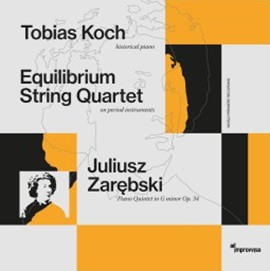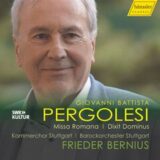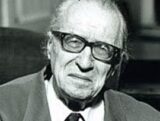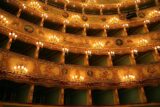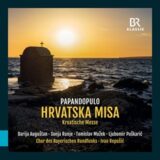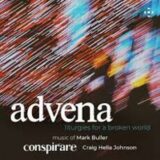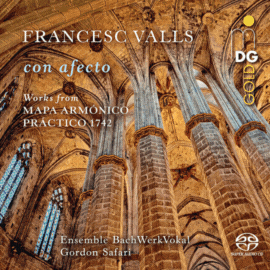Zwei Messen und etliche Psalmen hat der 1736 sechsundzwanzigjährig verstorbene Giovanni Battista Pergolesi hinterlassen. Die Missa Romana entstand im Jahr 1734. Sie wurde später als Missa Romana bezeichnet, weil sie in Rom aufgeführt wurde. Read More →
Where do you see your father in today’s musical world?
I have noticed, with some saddened astonishment, that my father’s name is hardly ever mentioned in the French music press as one of the most important French composers of the 20th century.
Yet he was the most widely performed living French composer in the world and, judging by the feedback I get from his publishers and Sacem, the importance of programming his works worldwide has not diminished since. Read More →
Gegen Ende seines Lebens betrachtete Jean Françaix (1912-1997) sein einziges Oratorium, L’Apocalypse selon Saint-Jean, als sein bestes Werk, das seine gesamte Kunst zusammenfasste, obwohl er es bereits im Alter von 27 Jahren komponiert hatte! Read More →

Die chinesische Dirigentin und Paukistin Xizi Wang, Görlitz, dirigiert gemeinsam mit Vimbayi Kaziboni - Aura von Hanna Eimermacher. Photo: M. Vogt
Matthias Theodor Vogt berichtet von den Donaueschinger Musiktagen 2025 und behauptet, ganz offensichtlich sei das Konzept von Lydia Rilling aufgegangen, die seit März 2022 die künstlerische Leitung der Donaueschinger Musiktage innehat. Im schwierigen Balanceakt zwischen Kunstanspruch einerseits, Gender- und anderen Ausgleichen andererseits, ist ihr ein mehr als solider Jahrgang geglückt. Read More →
Mateusz, as a German-Polish conductor you have roots in two important musical countries. Where do you belong to, musically?
The question of my musical identity is a very complex one. I was born and raised in Germany. As a conductor, my years as Marek Janowski’s assistant naturally had a profound influence on me through “his” repertoire – that is, Schumann, Brahms, Bruckner, Wagner, and Strauss. But perhaps that is also precisely why I am extremely happy that some time ago I was able to study Polish music very intensively as part of my PhD at the Krzysztof Penderecki Academy of Music in Cracow. Read More →
Protests are surging against the nomination of Italian conductor Beatrice Venezi, 35, as Music Director of Venice’s Teatro di La Fenice from October 2026, for a term running until 2030. The woman is a fried of Meloni and belongs to the far-right political wing. Read More →
Gleich bei der Kyrie-Einleitung hört man, dass sich Boris Papandopulo für seine Kroatische Messe am orthodoxen Liturgiegesang orientiert hat, dem Gesang seiner eigenen Wurzeln. Read More →
Advena, der Fremdling in einer zerbrechenden Welt. So sind wohl der Albumtitel und die eingespielten Werke des amerikanischen Komponisten Mark Buller zu verstehen. Read More →
Why an all-Lyadov program?
I could answer: ‘out of habit’, at least for the piano. Although I have sometimes, in a program of mélodies, displayed two names, Ravel and Poulenc, Debussy and Roussel, or even a dozen in my Hommage à Cocteau (with the baritone Jean-François Gardeil), none of my piano discs has mixed composers. Monographs, always! Work on a single creator is more concentrated, more ‘one’. Not to mention, forgive me for joking, that in the days of record shops, monographic discs were easier to store in bins! But here’s a more serious reason: simply because Liadov’s music is so worth playing, and listening to, that it would be a shame not to… fill a whole disc with it! Read More →
Just a few days after 1000 rabbis as well as 14000 faculty member sent a letter to Netanyahu, asking him to immediately stop the horror of a war contradicting essential values of Judaism as they understand it, some 1,000 musicians, writers, actors and others had signed a petition demanding Israel stop the war in Gaza. Read More →




